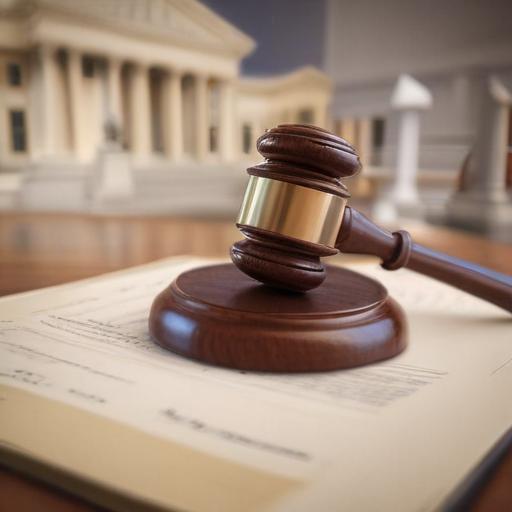The U.S. Justice Department has made a surprising recommendation regarding the sentencing of former Kentucky police officer Brett Hankison, who was convicted of using excessive force during the raid that resulted in Breonna Taylor’s death. The Justice Department is suggesting that Hankison, the only officer involved in the incident to face criminal charges, should serve no prison time at all.
Hankison faced charges stemming from the March 2020 botched drug raid. His gunfire did not injure anyone but went through Taylor’s apartment walls into a neighboring unit. A federal judge is set to determine his sentence on Monday. However, if the judge accepts the Justice Department’s suggestion, it would mean that no officers involved in the raid would receive prison time.
The recommendation represents a shift in stance from federal prosecutors, who had previously pursued a conviction against Hankison vigorously, citing that he fired blindly into Taylor’s apartment without identifying a target. However, the recent sentencing memo argues that Hankison’s actions, while unreasonable in hindsight, did not directly result in any injuries or deaths.
Civil rights advocates, including attorney Ben Crump, who represented Taylor’s family in a civil lawsuit, have expressed outrage over the recommendation. Crump stated that recommending a mere day in prison undermines the jury’s decision and implies that accountability for white officers who violate the civil rights of Black individuals is minimal. He reflects a sentiment echoed by others involved in advocacy and protests following Taylor’s death, including Louisville City Council member Shameka Parrish-Wright and Mayor Craig Greenberg.
Hankison’s case is part of a broader examination of police practices and accountability, especially in light of nationwide protests against racial injustice that intensified in 2020 after the deaths of both Taylor and George Floyd. While the recommendation has sparked criticism, it also signifies a pivotal moment in the ongoing dialogue regarding police reform and systemic racism in law enforcement.
Only time will tell how the courts respond to this recommendation and what it means for the future of policing in America.
